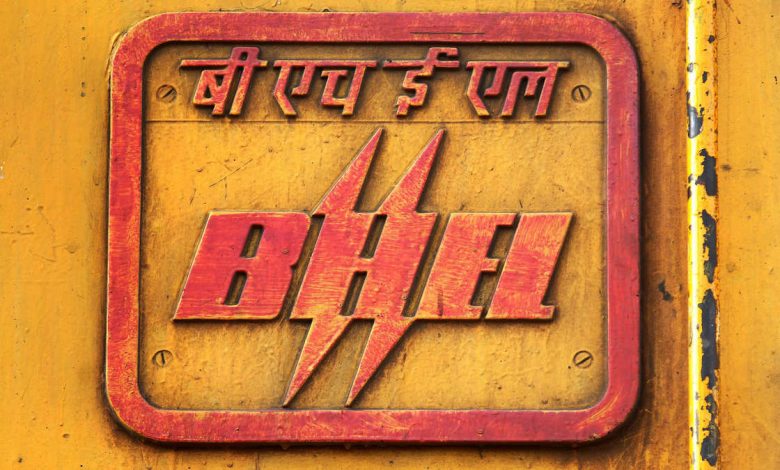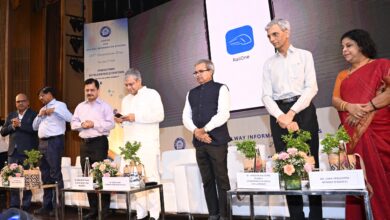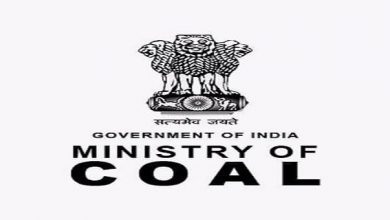BHEL: The Engineering Mammoth All Set To Roar In The Face Of The Dragon

At the peak of Chinese aggression at the Line of Actual Control (LAC) in Ladakh’s Galwan valley, which forced India to up the ante against China with renewed focus on self-reliance and import substitution, an ace Indian corporate leader, made an observation about India’s flagship engineering and manufacturing company, Bharat Heavy Electricals Ltd (BHEL), which is a Maharatna public sector unit (PSU).
In a tweet posted two days after the violent June 15 clash between China’s People’s Liberation Army and the Indian Army, which led to martyrdom of 20 Indian army personnel, Vedanta Chairman Anil Agarwal said that BHEL is “capable of producing best power plants” in the world and meeting the country’s demand without dependency on China.
Agarwal also claimed that BHEL can do “wonders for self-reliant India” – a philosophy that Prime Minister Narendra Modi proposed while announced the Rs 20 lakh crore economic stimulus package in wake of the Covid-19 pandemic.
The Maharatna company, spanning sectors such as power, transmission, renewables, transportation and water, fits the bill in several ways as far as taking on China is concerned when it comes to import substitution and self-reliance in these key infrastructure sectors. The company, in fact has already set the ball rolling in that direction. In no time after the Covid-19 outbreak, the company discerned the growing doubt on China’s credibility as the global manufacturing hub and there will soon be a clamour for a supply chain diversified across geographies as a fallout of the pandemic. In May this year, the company floated a global tender for multinational manufacturing firms to set up their units on its vacant land – a move aimed at leveraging the substantial land bank that the company has got at its 16 manufacturing facilities spread across the country. BHEL has more than 14,000 acres of land and built-up factory spaces.
Sources now say that the response of the multinational firms to the tender is “excellent”. A number of options are being deliberated including joint venture, and contract manufacturing. The company is now looking at multiple tie ups to diversify its revenue stream and will focus on defense and railway projects. The tender could not have come at a more opportune time for the company as the government had been looking at monetizing the non-functional units of BHEL last year. In fact, four to five such units were even finalized for monetization.
In its core power sector, it is believed that the company has a distinct advantage over Chinese firms despite a large number of power manufacturers in India getting increasingly dependent on Chinese suppliers. In a report titled, Following the Money: China Inc’s Growing Stake in India- China Relations, Brookings India Visiting Fellow Ananth Krishnan observes, “An estimated three in four power plants in India use Chinese equipment. As in the case of construction companies, equipment sales were the first point of entry for Chinese firms in the Indian market. While cost competitiveness was the biggest selling point, the lack of after-sales servicing has been one obstacle — and one major advantage for India’s BHEL.”
That, however, does not insulate BHEL from the challenges that remain in the face of massive Chinese presence in the Indian power and energy sector with mega firms of the people’s republic like TBEA, Shanghai Electric, Dongfang Electric which are embedded deeply into transformer manufacturing, coal-fired thermal power generation unit manufacturing and power equipment.
These Chinese firms, which are heavily invested in India, will soon rework their strategies in the wake of the growing geo-political situations. Chinese counter strategy could either be in the form of cheap credit and lower margins.
Yet another advantage for BHEL at the moment is the increasing anti-China sentiment. Some of the recent government decisions that go in favour of the company include restriction on China from participation in public procurement bids.
BHEL is also betting big on railway, defence, and solar power sector. Earlier this week, the company was among the sixteen railway infrastructure firms that participated in pre-application meeting of private train project announced by the ministry of railways.
Bombardier, GMR Group, Bharat Forge, Spanish coach maker CAF, were among among the other private players who evinced interest in railways’ plan to allow private participation in train running operations. The ministry will finalise bids for 109 routes in phases beginning 2022. All the private trains will be operational by 2027. Apart from private trains, BHEL has also participating in the bidding of Vande Bhart train sets – Prime Minister Narendra Modi dream project.
PM Modi launched the first semi-high speed Vande Bharat train set to his Lok Sabha constituency, Varanasi, in February last year. The railway ministry floated a tender for train sets in December last year. BHEL is one of the six companies that have put in bids recently for manufacturing the train sets.
(Ashutosh Kumar is a Delhi-based business journalist and is currently working with sputniknews.com)
(Indian PSU: All about Indian Public Sector Undertakings. Follow @IndianPSUs for all the News & Views on PSUs, Corporates, Markets, Bureaucracy, Public Policy)




